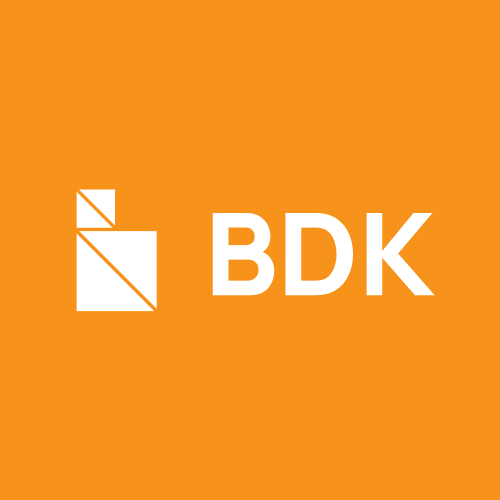2d2656acfa83ab4c4846c0aab14072efb64c5cc3 feat(electrum): re-export `transaction_broadcast` method (志宇)
53fa35096fbeea2b82b28987e8ef6f7d39ffc80b refactor(electrum)!: put the tx cache in electrum (LLFourn)
Pull request description:
Previously there was a `TxCache` that you passed in as part of the sync request. There are lots of downsides to this:
1. If the user forgets to do this you cache nothing
2. where are you meant to keep this cache? The example shows it being recreated every time which seems very suboptimal.
3. More API and documentation surface area.
Instead just do a plain old simple cache inside the electrum client. This way at least you only download transactions once. You can pre-populate the cache with a method also and I did this in the examples.
* [x] This pull request breaks the existing API
ACKs for top commit:
evanlinjin:
self-ACK 2d2656acfa83ab4c4846c0aab14072efb64c5cc3
notmandatory:
ACK 2d2656acfa83ab4c4846c0aab14072efb64c5cc3
Tree-SHA512: 6c29fd4f99ea5bd66234d5cdaf4b157a192ddd3baacc91076e402d8df0de7010bc482e24895e85fcb2f805ec6d1ce6cdb7654f8f552c90ba75ed35f80a00b856
BDK

A modern, lightweight, descriptor-based wallet library written in Rust!
Project Homepage | Documentation
BDK Wallet
The bdk_wallet crate provides the Wallet type which is a simple, high-level
interface built from the low-level components of bdk_chain. Wallet is a good starting point
for many simple applications as well as a good demonstration of how to use the other mechanisms to
construct a wallet. It has two keychains (external and internal) which are defined by
miniscript descriptors and uses them to generate addresses. When you give it
chain data it also uses the descriptors to find transaction outputs owned by them. From there, you
can create and sign transactions.
For details about the API of Wallet see the module-level documentation.
Blockchain data
In order to get blockchain data for Wallet to consume, you should configure a client from
an available chain source. Typically you make a request to the chain source and get a response
that the Wallet can use to update its view of the chain.
Blockchain Data Sources
bdk_esplora: Grabs blockchain data from Esplora for updating BDK structures.bdk_electrum: Grabs blockchain data from Electrum for updating BDK structures.bdk_bitcoind_rpc: Grabs blockchain data from Bitcoin Core for updating BDK structures.
Examples
example-crates/wallet_esplora_asyncexample-crates/wallet_esplora_blockingexample-crates/wallet_electrumexample-crates/wallet_rpc
Persistence
To persist the Wallet on disk, it must be constructed with a PersistBackend implementation.
Implementations
bdk_file_store: A simple flat-file implementation ofPersistBackend.
Example
use bdk_wallet::{bitcoin::Network, wallet::{ChangeSet, Wallet}};
fn main() {
// Create a new file `Store`.
let db = bdk_file_store::Store::<ChangeSet>::open_or_create_new(b"magic_bytes", "path/to/my_wallet.db").expect("create store");
let descriptor = "wpkh(tprv8ZgxMBicQKsPdcAqYBpzAFwU5yxBUo88ggoBqu1qPcHUfSbKK1sKMLmC7EAk438btHQrSdu3jGGQa6PA71nvH5nkDexhLteJqkM4dQmWF9g/84'/1'/0'/0/*)";
let mut wallet = Wallet::new_or_load(descriptor, None, db, Network::Testnet).expect("create or load wallet");
// Insert a single `TxOut` at `OutPoint` into the wallet.
let _ = wallet.insert_txout(outpoint, txout);
wallet.commit().expect("must write to database");
}
Testing
Unit testing
cargo test
License
Licensed under either of
- Apache License, Version 2.0, (LICENSE-APACHE or https://www.apache.org/licenses/LICENSE-2.0)
- MIT license (LICENSE-MIT or https://opensource.org/licenses/MIT)
at your option.
Contribution
Unless you explicitly state otherwise, any contribution intentionally submitted for inclusion in the work by you, as defined in the Apache-2.0 license, shall be dual licensed as above, without any additional terms or conditions.




